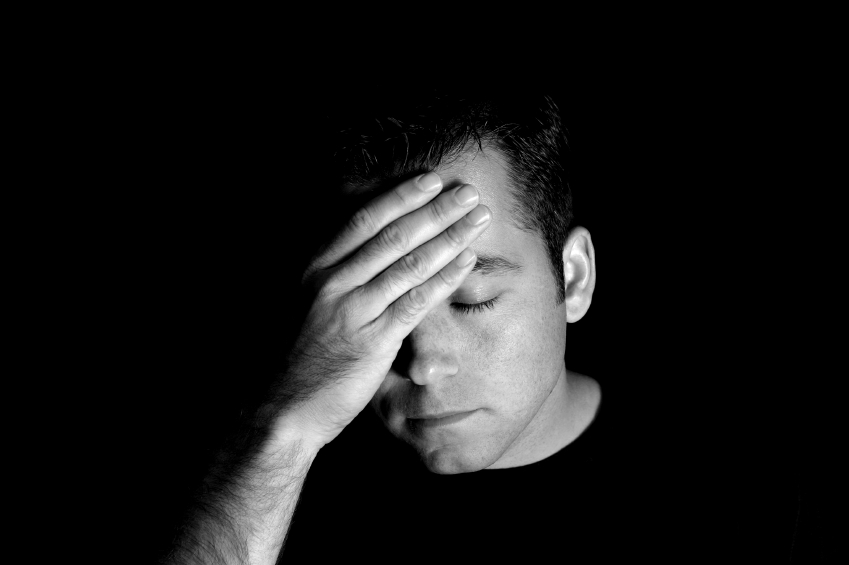Police officers stepping in for mental health services
THE health services must do more to support police officers working with people in crisis, a specialist in mental health policing has said.
Police officers – who are already under great pressure – are being used as a “gateway” to access mental health services when there is no need for them to do so, Insp Michael Brown told the Police Federation of England and Wales conference.
Around a quarter of forces around the country have introduced street triage schemes, whereby police officers work with mental health professionals in an attempt to keep them out of police custody.
Insp Brown, Mental Health Co-ordinator for the College of Policing, praised the “huge benefits” seen in such schemes, but said more needed to be done by the health services.
He told the Police Federation of England and Wales’ annual conference in Bournemouth: “I have done lots of shadowing exercises with street triage projects and I have been wondering why police were at the incident in the first place. Where there is no core policing requirement in the incident – where there is no crime, suicide, threat to safety – just a vulnerable person in need of assessment.
“In the majority of our dealings with people, they have already been in touch with mental health professionals. Then within a few hours or a few days, the police are being used as a mechanism to re-access the care that that person needs. Why are the police being seen as a gateway to unscheduled mental health care?”
Insp Brown, who blogs under the name “Mental Health Cop” and who has been a specialist in the field for 15 years, used the example of a GP who told a patient to ring the police because they had access to mental health nurses, or police officers being used to take people to hospital when ambulances are unavailable.
He added: “The question is: could the incident at 10pm on a Tuesday night – could it have been intervened at 3pm that afternoon and could that have prevented that incident? I don’t think you will ever completely remove police and I don’t think we should try – but how much is about inability or unwillingness to intervene earlier on?”
Speaking after today’s conference, the West Midlands officer added: “We need to commission mental health services in such a way as to be available an unscheduled basis. Crisis teams have been reduced over the last 15 years, but if we took all these people and put them together into something called a crisis team, that would be huge enough to absorb all the demand that comes in.”
Street triage projects enable police officers to spend more time on the beat, said Cheshire’s Insp Kate Woods, as the alternative was for officers to spend up to six hours at a time taking people to hospital or other places of safety.
In Cheshire, an audit showed 143 arrests involving people with mental health issues cost the force a total of £775,000 – which increased by 25% the following year, she said.
She added: “We are seeing huge reductions. There has been a 60% reduction in arrests under Section 136 of the Mental Health Act. Police officers are learning from working with mental health nurses and they are feeling more empowered.”

